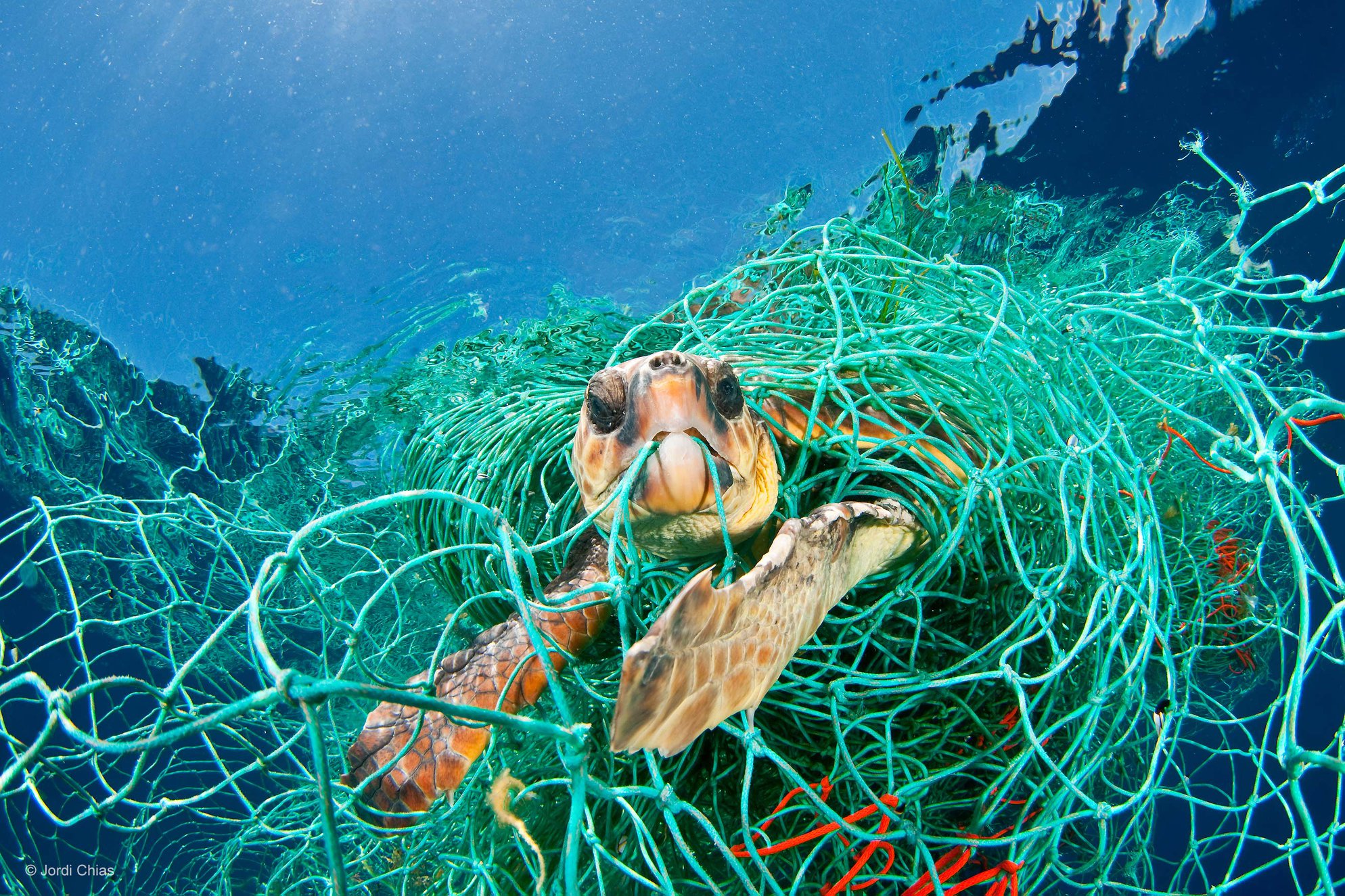The plastic crisis
By 2050, there will be more plastic than fish (by weight) in the world’s oceans.
This staggering statistic was brought up in a report done by the World Economic Forum (WEF) in 2016. Their report estimates that at least 8 million tonnes of plastics are leaked into the ocean every year. This is equivalent to dumping the content of one entire garbage truck into the ocean every minute. If no action is taken, the trend is expected to double by 2030, and quadruple by 2050.
Today, the refrain rings louder than ever as the harsh realities of our overreliance on plastic catches up to us. As humankind faces an unprecedented crisis with the COVID-19 pandemic, so too does Mother Earth.
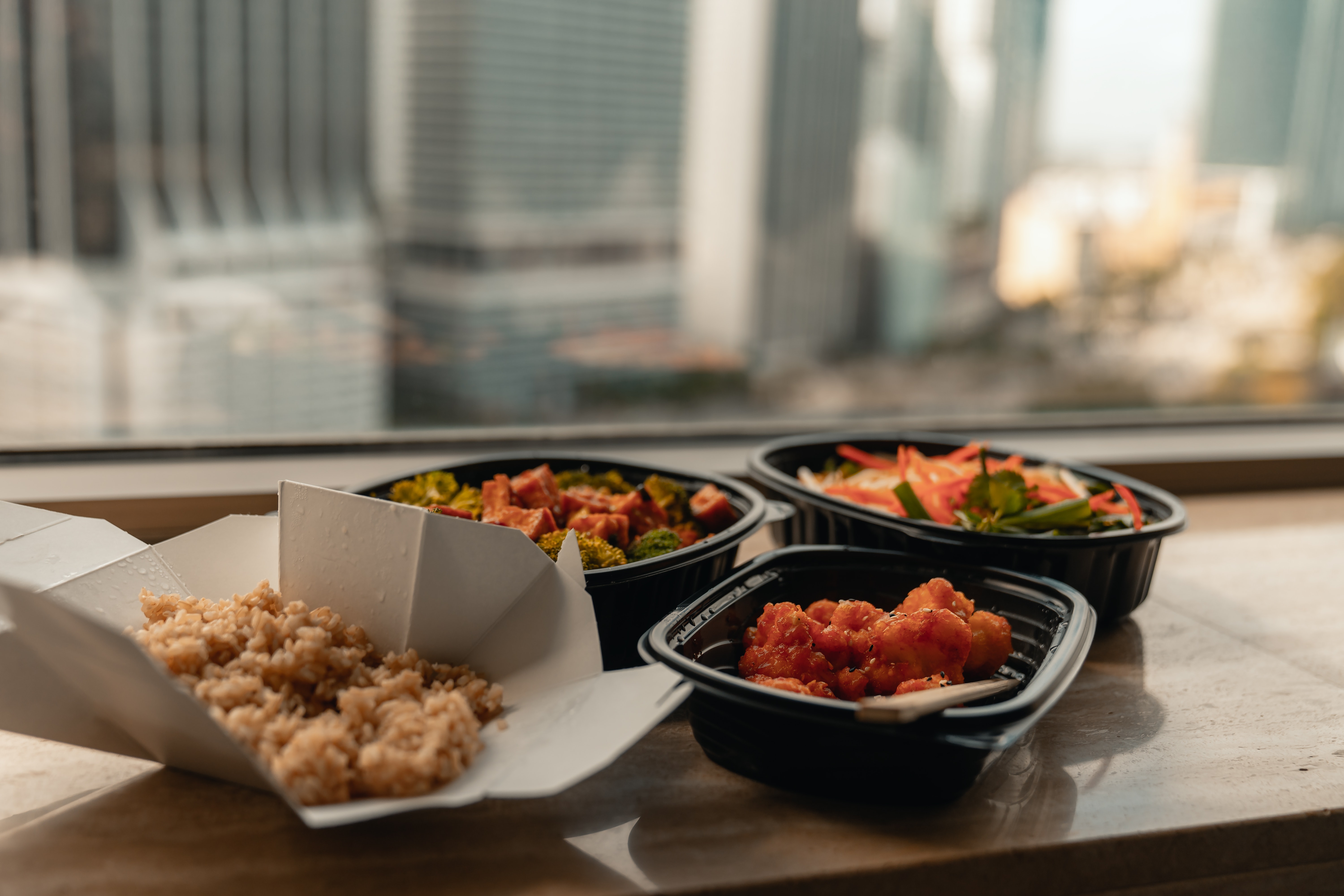
In Singapore alone, the pandemic has seen an exponential spike in the amount of plastic waste generated by households. During the two-month circuit breaker period, a study done by six alumni students from the National University of Singapore estimates that households generated an additional 1,334 tonnes of plastic waste. This is equivalent to the weight of 92 double-decker buses.
Worldwide, the United Nations Environment Program (UNEP) estimates that 75 per cent of used masks (alongside other pandemic-related waste) will end up either in landfills or floating in the seas.

Recently, a series of photos taken by Malaysian photographer Mohd Rasfan went viral. The images featured macaques playing with a disposable face mask, supposedly left behind by passers-by. While the pictures are light-hearted at first glance, they represent a harsh reality that wildlife face from mankind’s irresponsibility; unbeknownst to them, the plastic waste they interact with out of curiosity is the very object that can kill them, and us, if not properly managed.
About Planet or Plastic?
The urgency at which we must take action is not to be undermined. The exhibition, Planet or Plastic? by National Geographic hopes to draw this to the forefront of our consciousness.
Held at the ArtScience Museum in Singapore, Planet or Plastic? shines a spotlight on the fragility of the natural environment as a result of the global plastic waste crisis. The exhibition endeavours to raise awareness of society’s dependence on plastic through visual depictions of the crisis and highlighting the innovative individuals and communities who are working on solutions to this problem.
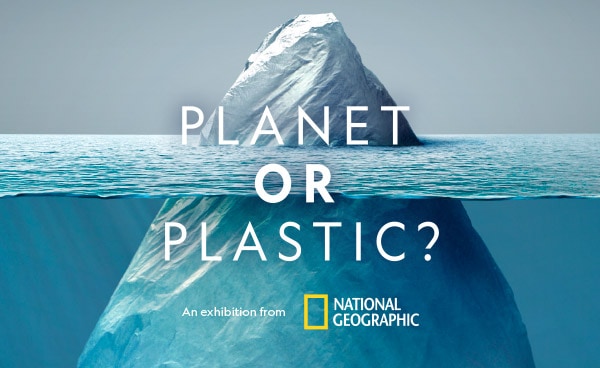
Through 70 photographs, Planet or Plastic? traces the history of plastic from its invention to its pervasiveness in our society today. It explores the plastic pollution of our world’s oceans and uncovers the tragic tale and scale of marine animals who die from ingesting microplastics each year. In six distinct chapters, the devastating impact of the plastic crisis is made strikingly real.
The exhibition takes you on a journey through the following chapters:
- Plastics – A Modern Marvel
- The Darker Side of Plastics
- The Haunting Art of Plastic Pollution
- Steps Toward a Cleaner Future
- Science in Action
- Choosing Planet Over Plastic
The exhibition is not intended to be a journey of fear-mongering. While the implications are real and potentially catastrophic, Planet or Plastic? aims to encourage individuals to take action. Through education, the exhibition sheds light on practical steps that we can take as a society to mitigate this problem.
The advent and danger of plastics
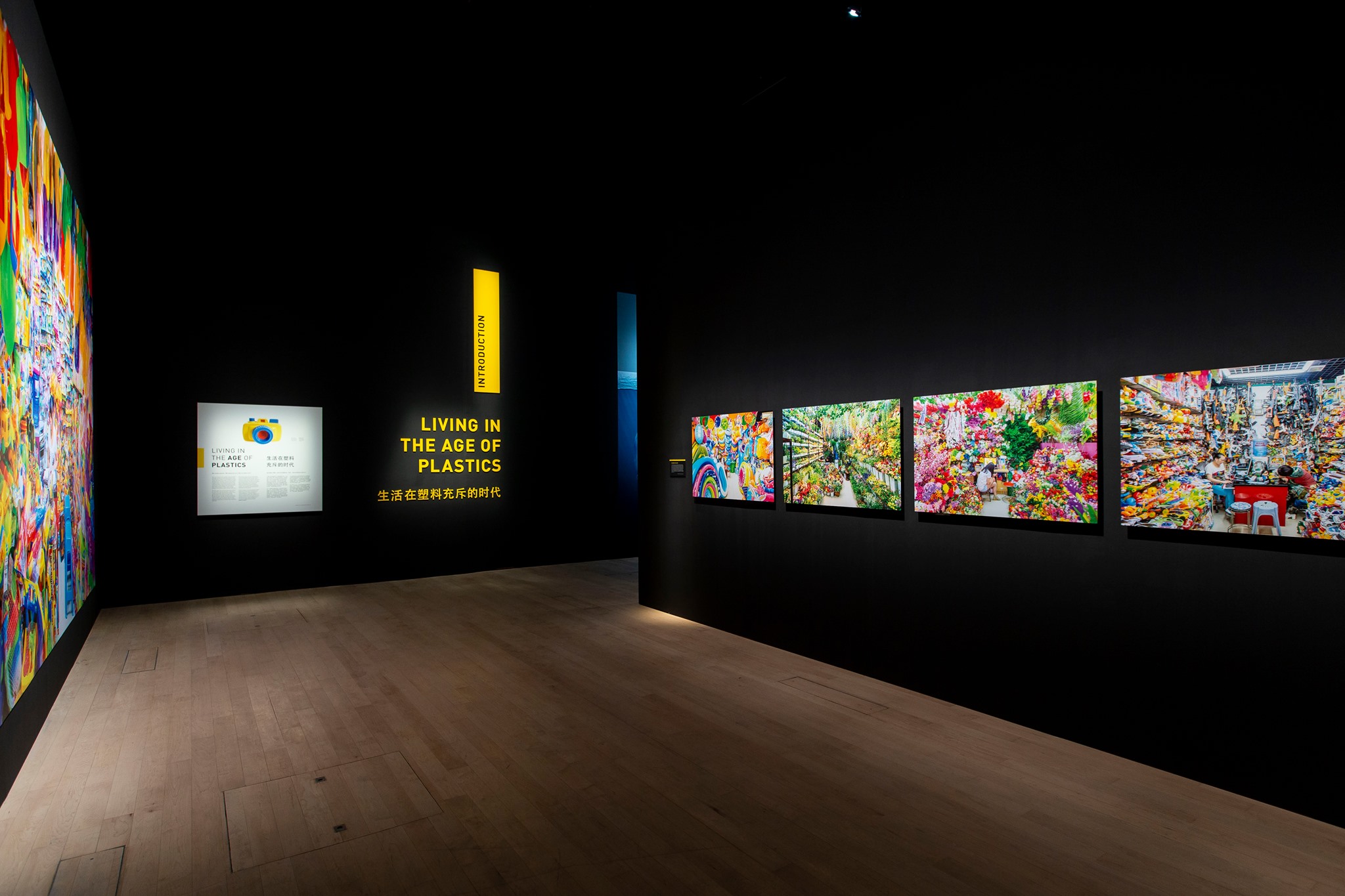
Planet or Plastic? isn’t on a one-way rampage to villianise the material. Instead, it provides a balanced account of how plastic has vastly improved the quality of life in many parts of the world. At the same time, it acknowledges that plastic itself isn’t the crux of the issue. Rather, it is our careless consumption and disposal that pose a real threat to the environment.
Did you know?
Ironically, plastics were first invented to save wildlife! In the past, many items such as piano keys, billiard balls, combs, and more were made of elephant ivory. In a bid to protect the gentle giants, plastic was invented as an alternative. The first version of plastic actually made use of celluloid, a natural polymer found in all plants.
By the early 20th century, scientists had figured out how to make synthetics from petroleum, ushering in an age of material abundance. By utilising waste gases like ethylene (which was produced by oil refineries), new polymers could now be created without the constraints of nature.
Today, plastics have been developed and incorporated into nearly all aspects of our lives. The low cost of production combined with its durability and versatility culminated in its prevalent use in areas like medicine, aviation, warfare, and more.
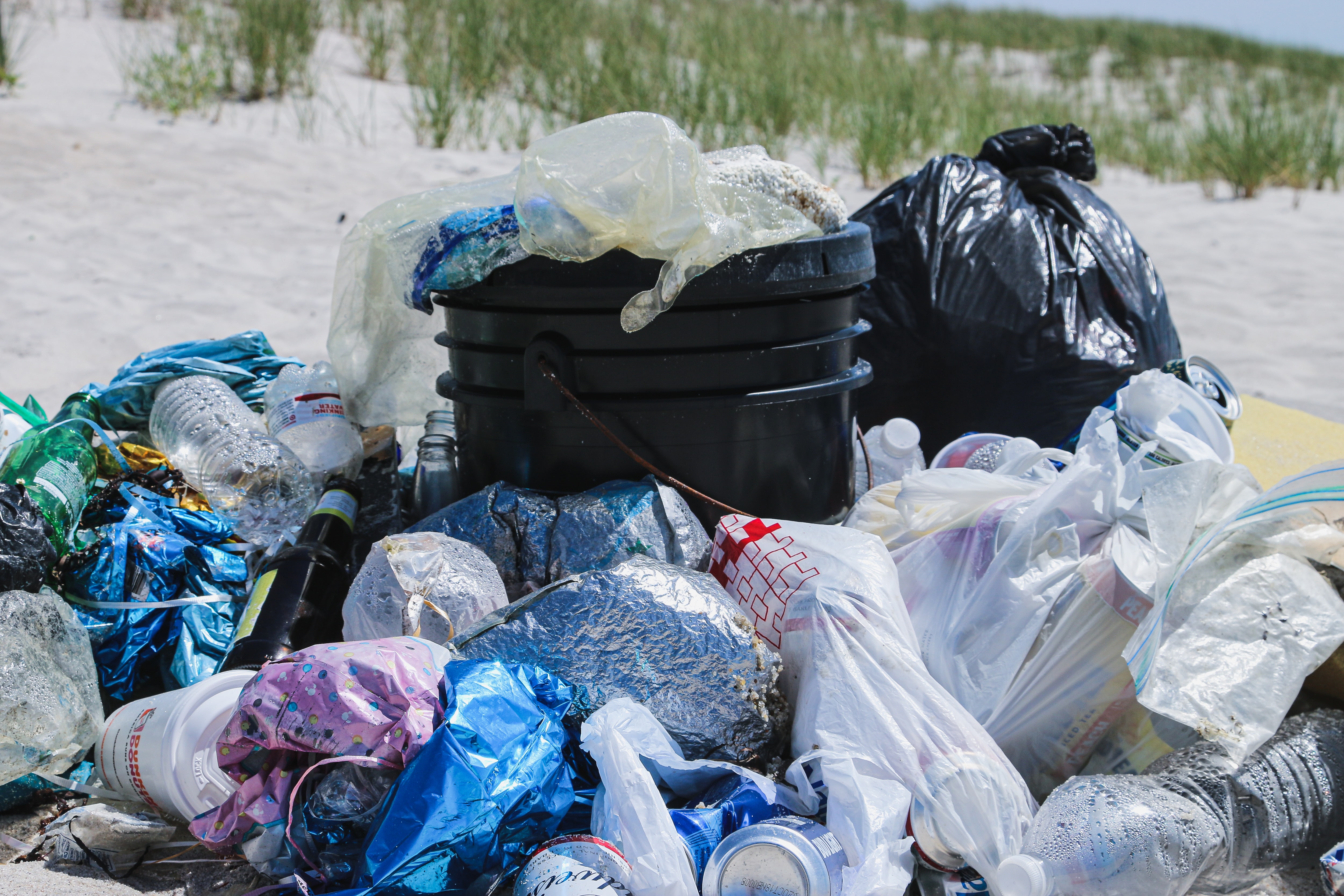
Yet, the material’s rise to greatness is accompanied by its looming shadow of danger. The Darker Side of Plastics go on to highlight the proliferation of disposable plastics, outstripping the ability of waste management systems to keep up. Instead, the majority of plastic is often inappropriately discarded, and winds up in nature. It is estimated that between 5.3 million and 14 million tonnes of plastic end up in our oceans every year.
Upon reaching our oceans, the same features that make plastics desirable — its durability and light weight — become a menace. Marine animals have been known to have eaten or become entangled in plastic. Millions are killed each year by abandoned fishing nets or discarded six-pack rings. Otherwise pristine beaches are littered with plastic waste.
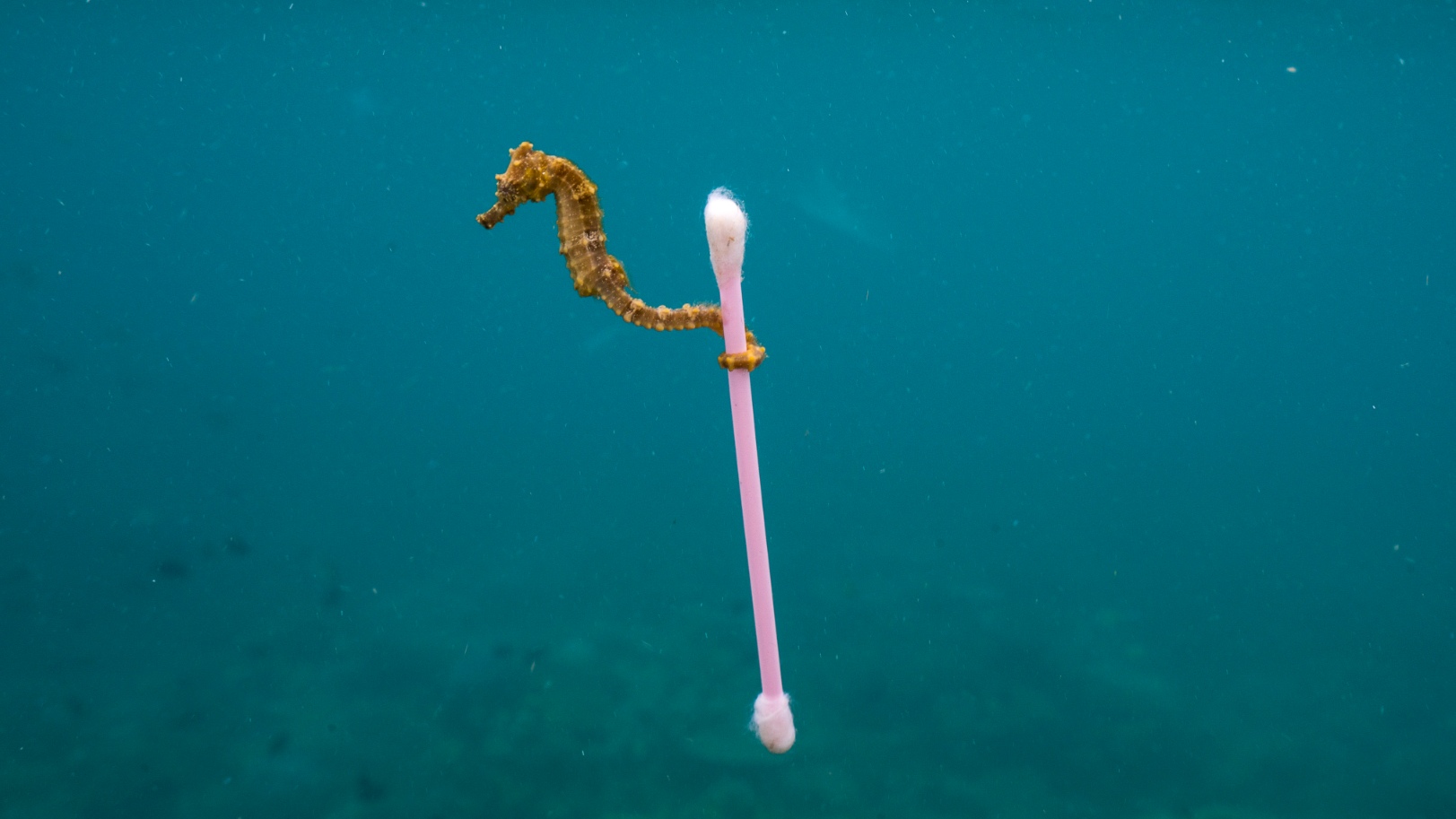
From this series of poignant images of animal suffering, the exhibition leads into The Haunting Art of Plastic Pollution, where artists have made use of their craft to visually express the scale and impact of the problem.
It is on this sombre note that the exhibition proceeded into the second half — a more hopeful journey of steps we can take to mitigate all the harm done thus far.
Taking action, making change
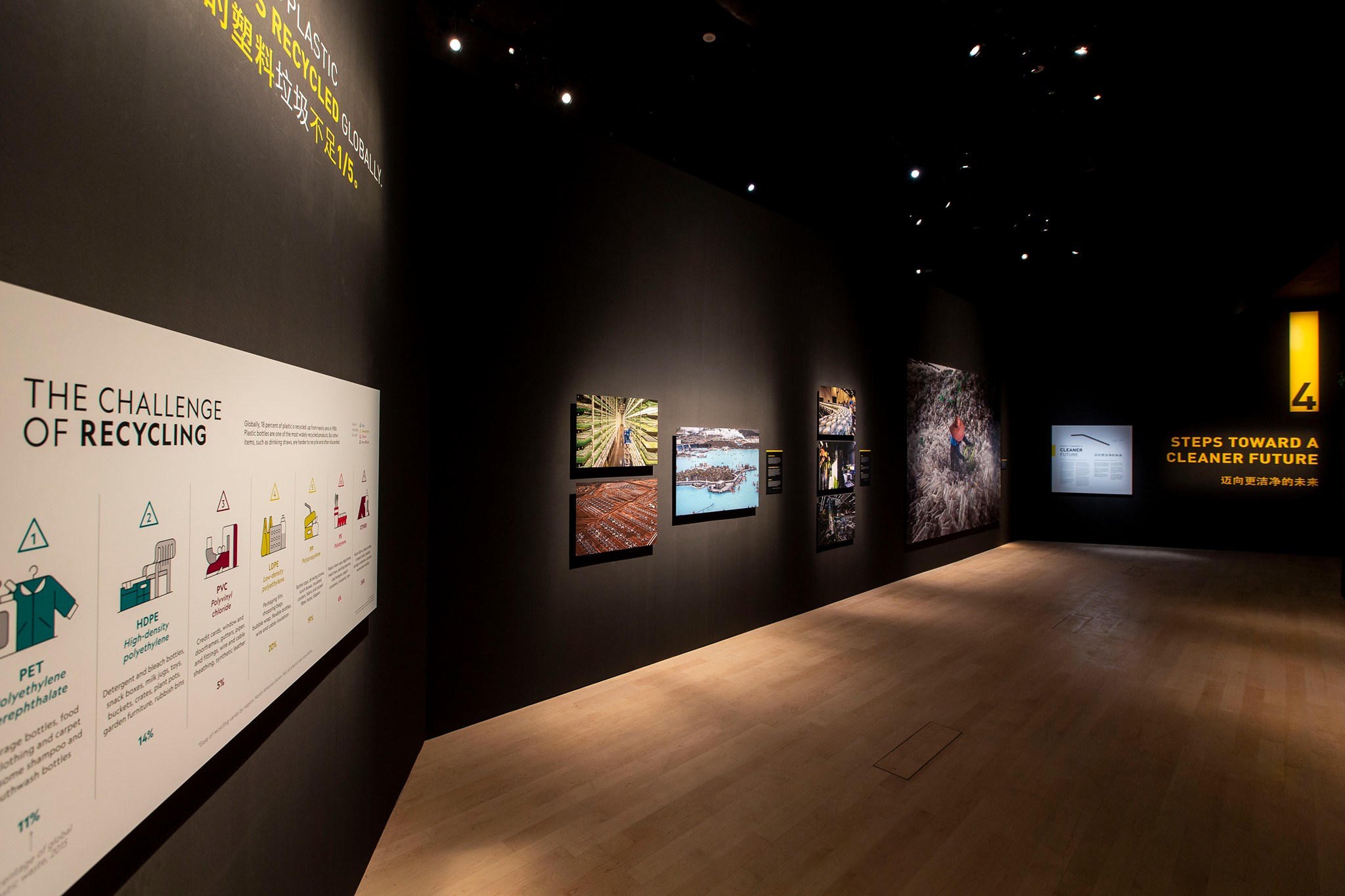
After going through the first half of the exhibition, the sheer magnitude of the plastic crisis might seem overwhelming. Yet, the second half of the exhibition brings us back to the cumulative action that we can take to make a difference. After all, the plastic crisis didn’t occur overnight; it took years of cumulative disregard and ignorance to get us to this state. The reverse can also be true.
Steps Towards a Cleaner Future outlines concrete actions one can take to make a difference, including the common mantra of reduce, reuse, and recycle. They also introduce a fourth ‘R’ to the tagline — refuse, where consumers are encouraged to refuse plastic use wherever possible.
Already, governments and organisations around the world are taking action. Single-use plastic bags and straws have been banned in various parts of the world, and ground-up initiatives to reduce plastic waste have also been gaining momentum. In Singapore, package-free shops such as Unpackt, Scooped, and The Green Collective have mushroomed in recent years, indicative of a growing population that is conscious about the problem and willing to make a change.
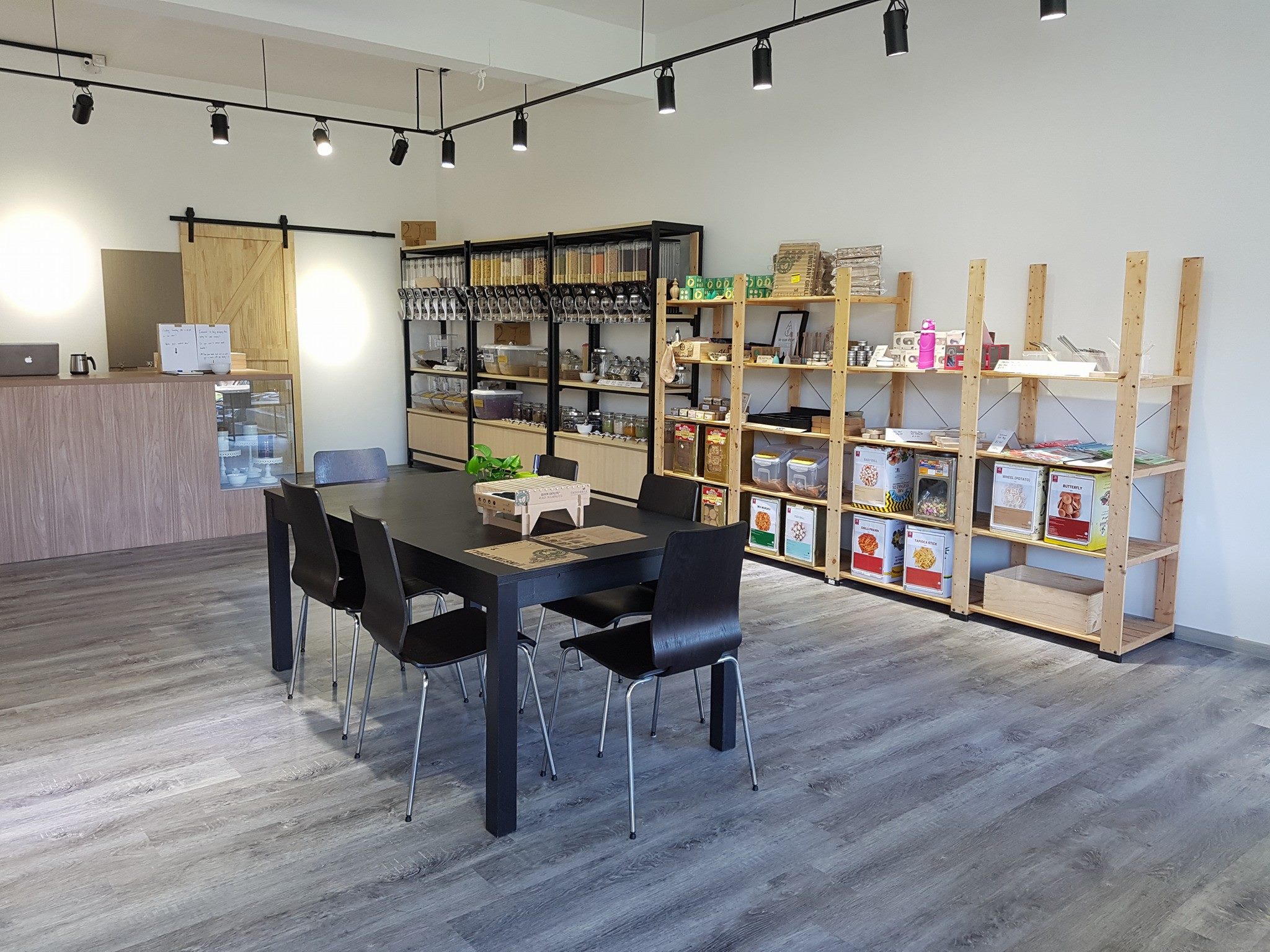
Scientists and researchers are also making waves (clean) through their efforts, as spotlighted in Science in Action. Through improving technology and research, their work is a lynchpin to reversing the crisis as they seek to discover alternatives and ways to reverse what has already been done, and ensuring we have options to do better for the future.
Ultimately, reversing the plastic crisis will need to be a combined effort from all stakeholders, ranging from individuals on the ground to international organisations. It is not too late to make a difference, if only you are Choosing Planet over Plastic.
Will you take the pledge?
To learn more about the planet and plastic, check out the Planet or Plastic? Exhibition from now until 28 March 2021. Tickets can be purchased through the ArtScience Museum.
Convicted to make a change? Take the pledge to reduce single-use plastics in your life. The planet and future generations will thank you for it.
Join the conversations on THG’s Facebook and Instagram, and get the latest updates via Telegram.
